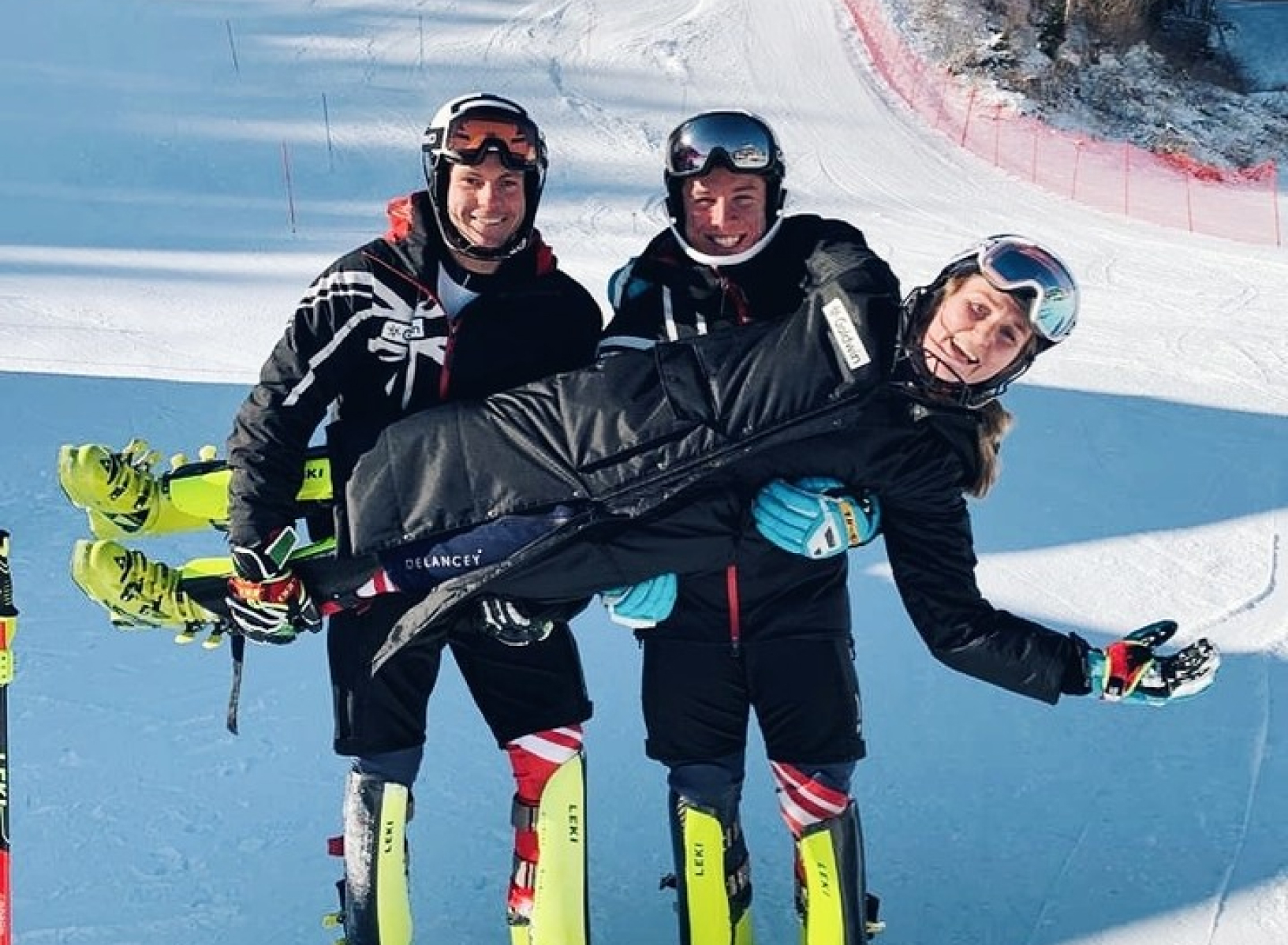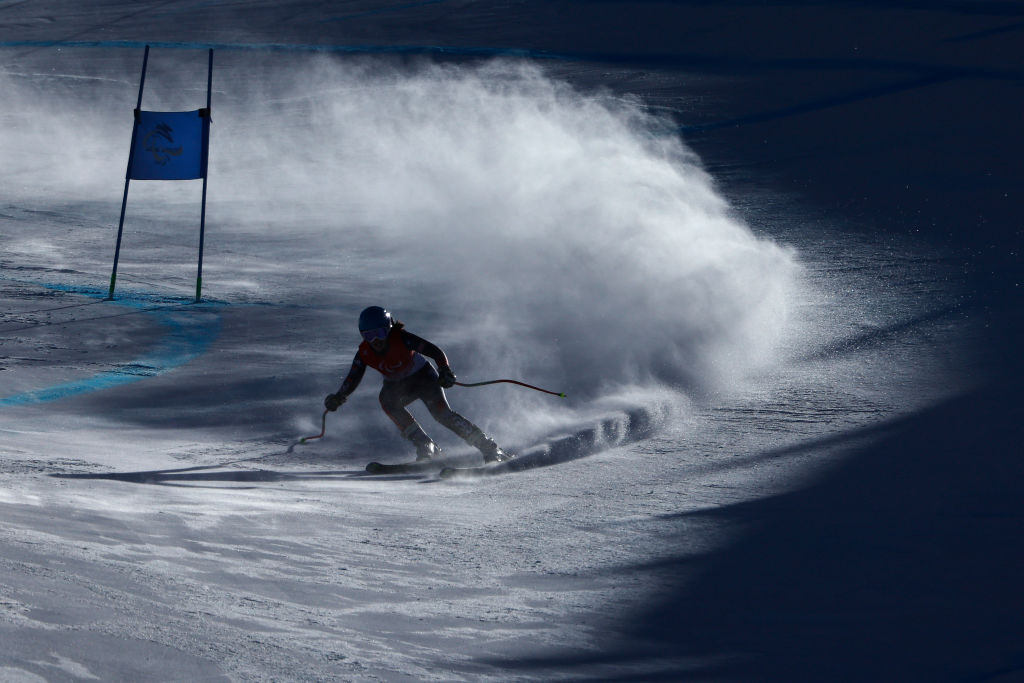
BY CHARLIE GUEST (GB SNOWSPORT WORLD CLASS PROGRAMME ALPINE ALTHELE) FOR MENTAL HEALTH AWARENESS WEEK
Everyone hears the story of an injured athlete that gets knocked down, works hard to get back to full fitness – despite being told my medical professionals that they never will – and comes back to succeed.
Time and time again, we read about these amazing humans that face adversity and go on to win in the big leagues. It is truly inspiring stuff, especially when you look at the mental game.
That template is one that covers more than a fifth of my life. It has taken me over five years to overcome a training crash in Sweden, 2014 -and I still have a couple of steps to go until I reach the real “big leagues” of Alpine Skiing that is for sure.
That has been the first half of my twenties, the supposed best years of my life, yet I spent what feels like the majority of them crying, anxious and in despair at my worthless body that no matter what, ‘failed’ me, season after season. I worked through pain to two World Championships, and the highlight of my career, the 2018 Olympics, where two months prior, I was unable to stand up, let alone ski.
The season 2018/19 really defined me. It handed me the lowest point I hope to ever experience, culminating in an attempted retirement from the sport that I love (amongst other things) before swiftly scooping me up and giving me the chance to become the strongest, most robust and resilient version of myself that I could have ever imagined.
So much so, that I left season 2019 empowered, with a neat little slice of history and results under my belt that I was proud of. I found I could finally shake off the stigma of the ‘injured athlete’ that I carried around in my head and revisit feeling of self-confidence that I had completely forgotten existed.
What changed to get me from an inherently injured athlete back to one that was having fun and could stand in the start feeling like she would win? First up, I let everything out; I cleared my head of everything that built up inside me over the years of injury – this did include many tears, days in bed and bitter conversations. I found courage to speak out about the feelings of fear and inadequacy that my back injury had brought me. It was such a relief to share.
Secondly, I learned to surround myself with those that I trusted and through sharing my emotions with those friends and family, I built strong connections that continue to help me perform today.
Thirdly, with the space that I now have in my head, I was able to start understanding my body; it really has taken me to reach 26 to manage this. My motto as a teenager was just to train harder than everyone else, but now it is just to ‘Train Smarter’. I still go through bouts of having a bad back, but I have found exercises and a training programme that work for me, and if that is different from what others perceive as normal, I really do not care; they are my safety net.
However, hands down, by far the most important lesson that has been learned in these five years is that your body and mind are so neatly interconnected, that if one system is struggling, both with suffer. So essentially, it would appear that by speaking out and letting people see my fears, I inadvertently saved my career and could get back to enjoying my twenties. It is just a shame that it took me to get to rock bottom to realise it.
My message this Mental Health Awareness Week is to train smart, listen to your body and always speak up, it is never too late; there are people that are willing to help you everywhere. And remember, the next time you hear an athletes recovery story, no matter the results, consider most importantly, the mental battle that has taken place behind the scenes. My story is not the only one that has followed this template, and I guarantee that there are many out there right now going through the same!
 Share
Share

